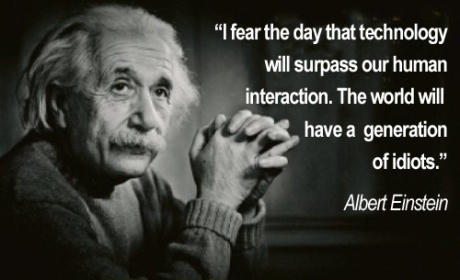One of my friends recently shared friends most recent post on their blog through Facebook, which happened to be about social media, named “Retweets, Likes and Double-Taps.” My blog is all about social media so what better chance to share ideas.
The post concerns how social media is being used and what direction it is heading in, after someone posted a Facebook status about buying lunch for a homeless person. I can see where Dan is coming from when he says that this epitomises the “culture of the shallow, self-obsessed,” but I also think… what should someone be posting if not about their good deeds?

It is true that “many have lost sight of what’s truly important in life,”But I don’t think sharing an act of kindness does not fall under that categorization. If a post of that nature accumulates likes, shares or retweets, then surely that shows people DO care.
Of course there is a whole host of entirely superficial posts and tweets regarding “designer trainers, specific cuts of jean and elaborately designed tattoos,” among other things, which only serve to fuel perceptions of a lifestyle which doesn’t really exist.
BUT, there is also a plethora of conscious, thought provoking discussion which takes place on social media at the same time. It isn’t all pure ignorance out there, and it shows, simply by highlighting the problems with social media, that there is consciousness of the situation.
“The ‘relative-fame’ people are quite bizarrely able to achieve through social media platforms” says more about the audience than the people posting these things. It is the duty of the audience, as with all forms of media, to be able to critically analyze whatever it is they are digesting. Unfollowing or removing a friend is just a click away.

I can certainly understand that looking at certain things on the internet can make you lose all faith in humanity. But that just means you are looking in the wrong place. As Dan says, “Society is continuously evolving,” and social media is just one stage in that evolution. While social media may be “truly skewing the essence of existence,” it isn’t the first thing to do so, and it won’t be the last. It is just another realm of life granted to us by technology.


